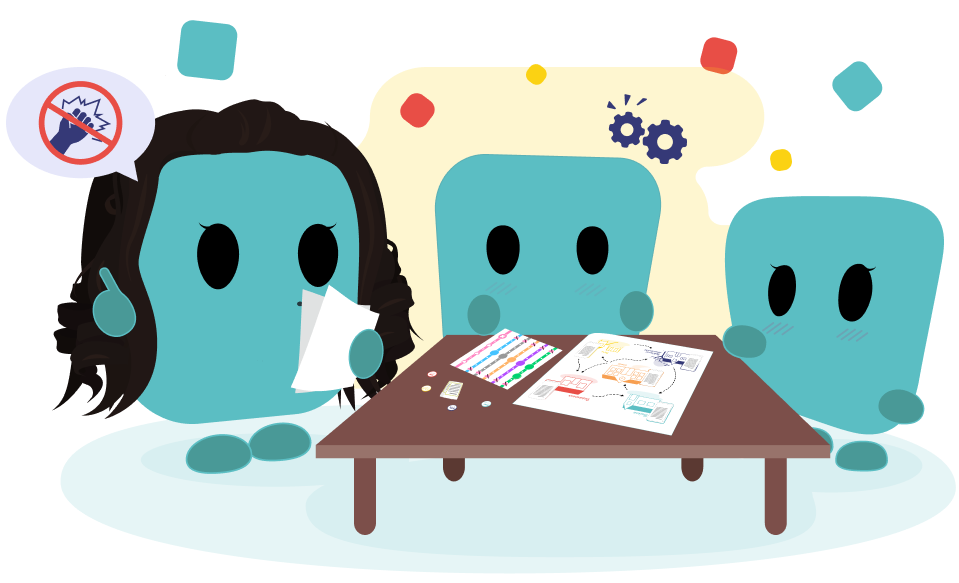- Project
- Underway
Raising young people’s consciousness about violence with a board game

Gabrielle Trépanier-Jobin Professor of Game Studies
Gabrielle Trépanier-Jobin is a Professor of Game Studies at the École des Médias, Université du Québec in Montreal (UQAM) and co-director of the Homo Ludens research group. Her thesis focused on the use of parodies as a fun way of fighting gender stereotypes. She is currently conducting research on player immersion, diversity and inclusion in the gaming industry, and the use of games to raise ecological and societal awareness.
-
Project start date :
2023/01/02 -
Status :
Underway -
Research organization :
Université du Québec (Ecole des médias) -
Team :
Pr. Maude Bonenfant, Dr. Simon Delorme, Alexane Couturier (Université du Québec à Montréal (UQAM)
In 2022, Game in Lab selected Prof. Gabrielle Trépanier-Jobin’s project to examine the contributions of the board game Les Choix de Raphaëlle to raising consciousness of violence among young people. This research aims to develop the critical awareness of oppressed people and to support them in a process of social change.
Project overview
Board games can be developed and used to educate players about various issues. More rarely studied, however, are the effects of raising consciousness, which motivate oppressed people to (1) question their relationship to oppression and their ability to transform it, and (2) take concrete actions for change. Therefore, the objective of this research project is to understand how a social-oriented board game can serve as a space to raise consciousness of violence in the context of a creative game and activity. It involves examining the elements of context and play that promote awareness.

Methodology
Two groups of adolescent girls from disadvantaged backgrounds, aged ten to twelve years, and twelve to fifteen years, play the cooperative board game Les Choix de Raphaëlle, which encourages players to take collective decisions and understand their consequences. The focus group method is used to evaluate the emotions the players feel and the lessons they learn. The players are then asked to create new scenarios for the game, followed by a second focus group. Discussions are transcribed and codified for thematic analysis.
Outcomes
The project researchers are still processing their data. The information collected from the adolescent players will be used to posit different hypotheses and contribute to the development of new theories on awareness through board games.